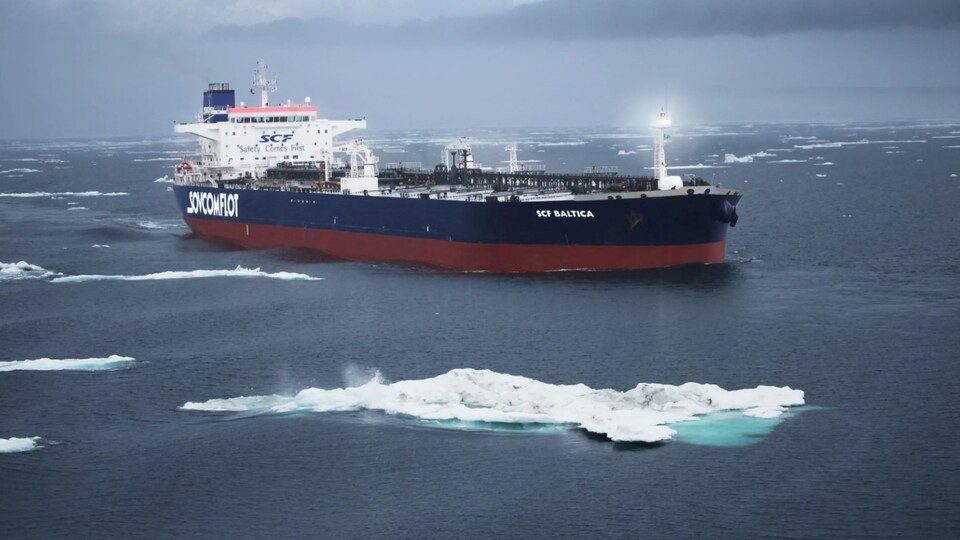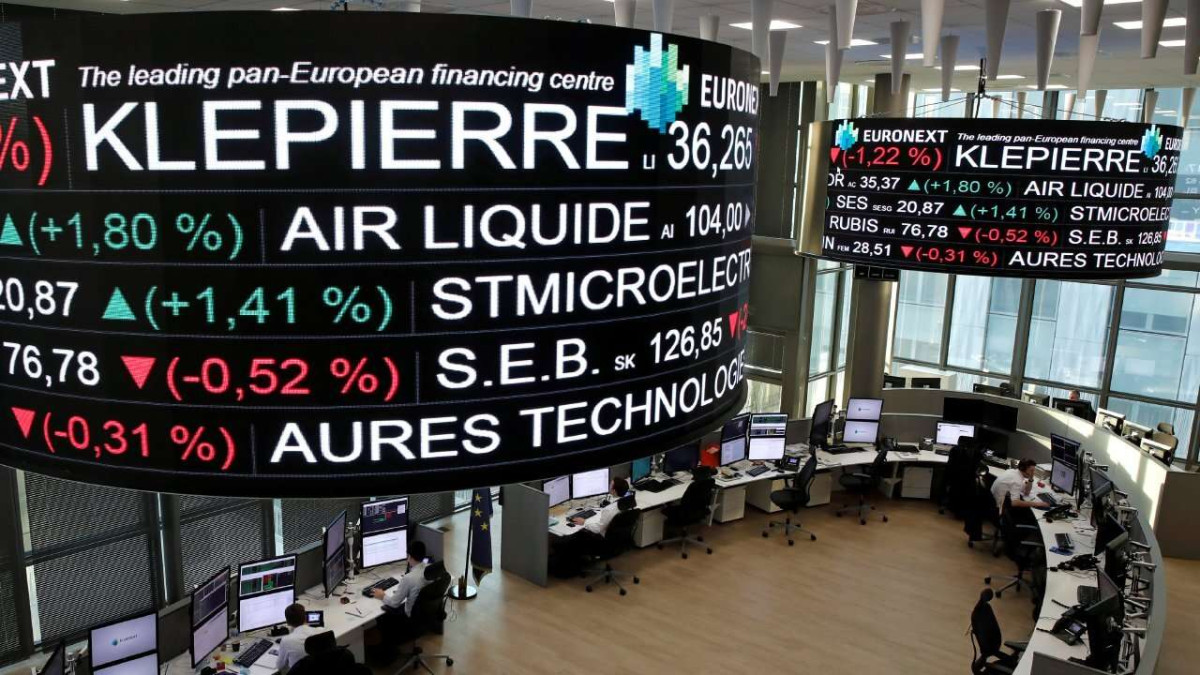
US Sanctions Shake Russian Oil Tanker Prices


Shock Effect of U.S. Sanctions on the Russian Oil Market
The decision of the U.S. to impose sanctions on major Russian oil producers such as Rosneft PJSC and Lukoil PSJC has redirected oil buyers to alternative sources, and suezmax freight rates have shown a sharp increase.
Freight Rates Increased by 16%
According to data from the Baltic Exchange, freight futures prices increased by 16% on a Thursday, reaching their highest level seen in 2023. Additionally, contracts for very large crude carriers operating on the Middle East-China route also recorded an increase of 13%.
Russian Oil Buyers are Turning to Alternatives
Following the sanctions, Russian crude oil buyers, primarily India and China, announced their plans to gradually withdraw from the market and have decided to turn to Middle Eastern sources to cover potential supply gaps. This situation has particularly led to an increase in demand for oil tankers.
Experts Comment on the Impact of Sanctions
Anoop Singh, the Head of Global Shipping Research at Oil Brokerage Ltd., stated in his evaluation that the effects of the sanctions implemented by the U.S. Treasury Department will create a stronger demand for crude oil. Singh remarked, “The increase in the number of Russian producers subjected to sanctions by the Office of Foreign Assets Control (OFAC) will boost demand in the long run,” he stated.
U.S. Sanctions Have Not Been Effective
These sanctions by the U.S. are seen as an extension of efforts to convince Asian refineries to halt their purchases of Russian crude oil. However, past initiatives have not had a significant impact on Russian oil trade. According to the International Energy Agency (IEA), Russia exported about 7.3 million barrels of oil per day in August. This amount corresponds to approximately 7% of global crude oil and refined fuel consumption.
.png)
Yakında Tüm Platformlarda
Sizlere kesintisiz haber ve analizi en hızlı şekilde ulaştırmak için. Yakında tüm platformlarda...









.png)